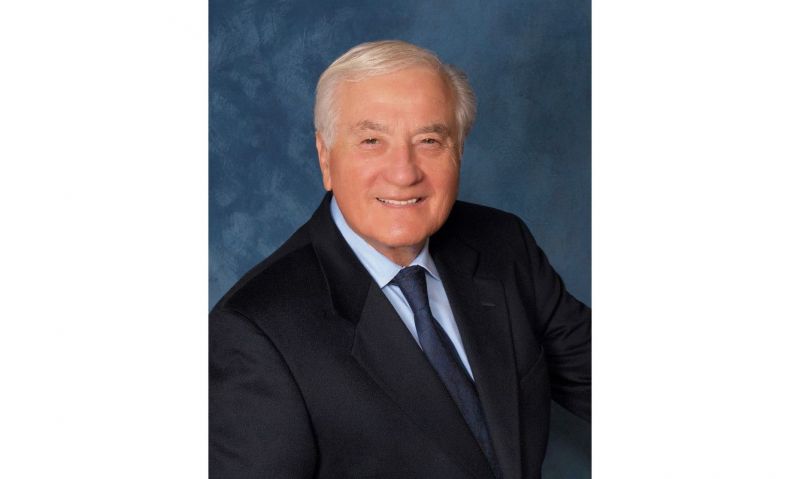
Author, traveler gives ground-level view of the effects of the liberation on Europeans 10 years later.
At 87, I have lived through many epic world events, from the aftermath of the Great Depression to World War II and the horrors of the Holocaust. Over time, I’ve observed that our nation’s divisions over the U.S. role in armed conflicts overseas have become increasingly bitter and deep. Not since Vietnam have we seen such rage and controversy about U.S. involvement in wars abroad as we’re seeing today.
Some who oppose involvement would prefer to see conflicts resolved through diplomacy and negotiation. Others view the United States as aligning with the wrong side of history and want nothing short of a complete policy reversal. This is especially true when it comes to the Israel-Gaza war. Regardless of the political context, an important aspect gets overlooked when we disparage U.S. military involvement abroad: The invaluable, often life-saving support it brings to nations in need, and the gratitude of those who receive it.
In honor of V-E Day on May 8, I call upon Americans everywhere to remember the times in history when direct U.S. military support has been a source of celebration for those on the receiving end. I for one vividly recall the joy and gratitude expressed by Europeans in the decade following the end of World War II, in which U.S. troops had helped bring about an Allied victory in Europe. During travels to Europe in the 1950s, and in particular to France – where D-Day and the battles of Omaha Beach played out – I experienced firsthand the respect, admiration and sheer appreciation European citizens had for the American soldiers who had saved their lives. And for Americans in general by association. Even more than 10 years later, it was still fresh on peoples’ minds.
I recall how people would approach me, smiling broadly, reaching to vigorously shake my hand. “An American!” They would exclaim with awe. “Thank you! Thank you!” Even though I was too young to have fought in the war, men, women and youngsters would stop what they were doing to tell me, in broken English, what they were doing before D-Day, on it, and afterward when their lives were transformed. They would point to the sky and recount the U.S. aircraft overhead that heralded the war’s end and portended freedom. They told stories of GIs tossing them chewing gum and chocolate bars from the back of jeeps as they drove by, and the tears of gratitude that welled in their eyes.
My novel “The Badger Game” – one of eight I have authored – reflects this sentiment in scenes set on Omaha Beach during that fateful battle and at the Normandy American Cemetery, where a bronze statue of an unknown American soldier with his arm and rifle pointing skyward pays tribute to the American troops who helped end the war.
War is always controversial. There are good guys and bad guys. There are winners and losers. Tax dollars spent. As the world’s leading military power, the United States will inevitably find itself at the crosshairs, time and again, of opposing opinions worldwide. But that must not prevent us from honoring the good that comes from intervening to protect U.S. allies, respond to acts of aggression, prevent terrorism or stop the spread of weapons of mass destruction. Actions aimed at these specific goals are overwhelmingly favored by public opinion.
On V-E Day, let’s recall Europe’s gratitude at the end of World War II as a way to remember and honor the positive impact our actions can have.
**
About Norman Shabel
Norman Shabel is the author of eight novels, praised by Judge Andrew P. Napolitano as “terrific, fast-paced reads about the dark side of law enforcement and the judiciary.” Many of his stories are inspired by his 55-year career as a plaintiff’s attorney and prosecutor, where he witnessed injustice and oppression on a daily basis; others draw on his experiences of Jewish family life and his astute observations of its unique, often hilarious, dynamics. Also a prolific playwright, Shabel has written seven plays, three of which have been produced off-Broadway in New York City, Philadelphia and Florida to rave reviews. Born in Brooklyn, N.Y., Norman is retired from law and splits his time between New Jersey and Florida. He finds much joy spending time with his adult children and grandchildren.
- Honor & Remembrance

